How Much Sea Moss to Take Daily? – How to Get The Best Results
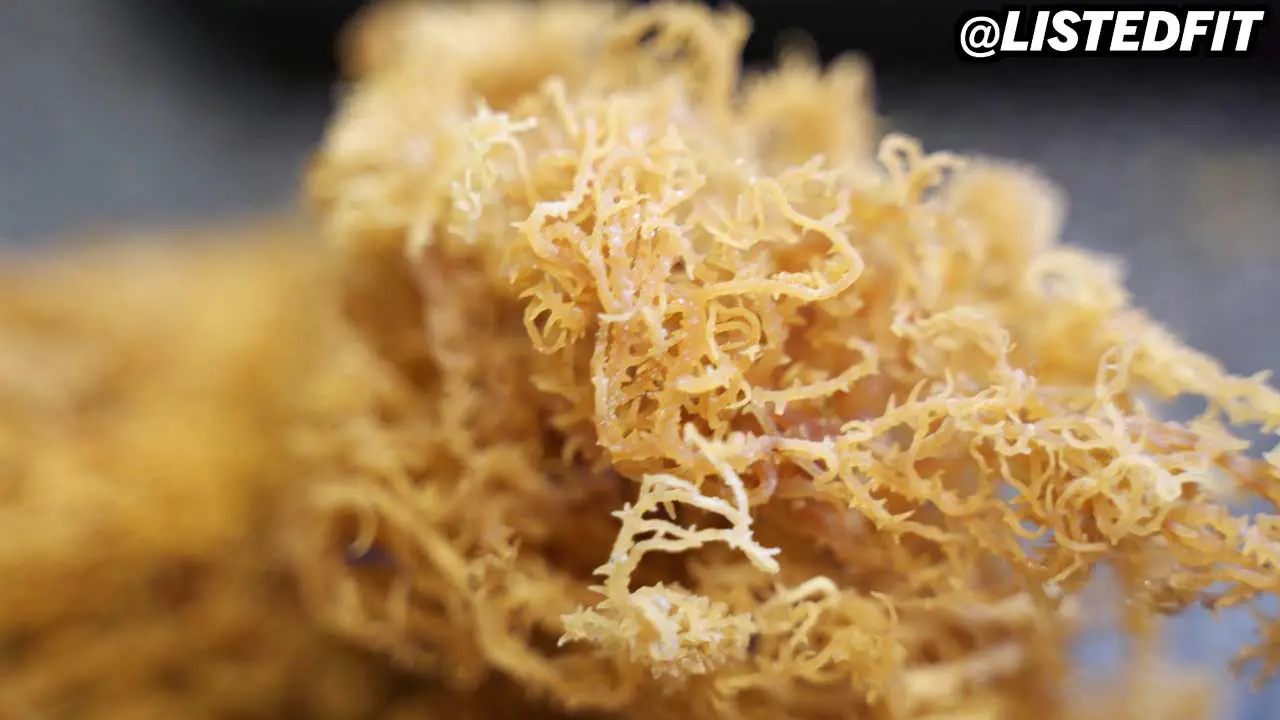
ListedFit is reader-supported. When you buy through links on our site, we may earn a small commission.
If you are always on the lookout for ways to improve your diet and your overall health, you may have probably already heard of sea moss.
You may be wondering what actually is sea moss, what are its benefits, and how much sea moss to take daily. Well, this is the article for you.
Table of Contents
What is Sea Moss?
Sea moss is actually a variety of red algae or seaweed rather than a true moss, sea moss (also known as carrageenan, from the Irish carraigín, meaning “little rock”) grows on the Atlantic coast of the British Isles, and also on various European and North American coasts.
Although it seems to be having its moment as the latest celebrity superfood, it has actually been used for medicinal purposes for centuries and was even used as a major source of nutritious food during the Irish Potato Famine in the 19th century.
Like most algae, it is a rich source of iron, calcium, and magnesium.
It is already used in a wide variety of food and cosmetic products as a gelling agent, so has many uses before you even start to examine the health benefits.
What are the Benefits of Sea Moss?
When for the benefits of sea moss, it is also a good way of getting Vitamin A, E, F and K into your diet.
It is also a good natural source of iodine, which is otherwise difficult to get from food.
This is especially important if you are looking for good support for a healthy thyroid.
It can also help to boost your immune system by making sure you are getting the vitamins and minerals you need.
Studies into the full benefits of sea moss are still in their infancy, but there’s also growing evidence to suggest that it may reduce the rate of cardiovascular disease (published in Phycologia, September 2015), and can also act as a prebiotic to aid healthy gut function.
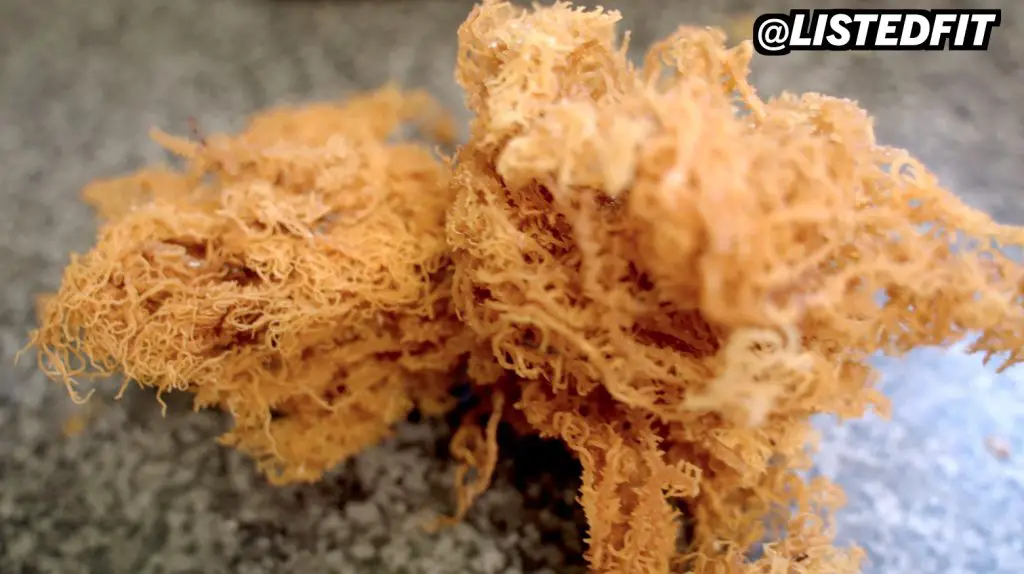
How Much Sea Moss to Take Daily?
Sea moss has become a popular dietary supplement due to its impressive range of essential vitamins and minerals. But how much sea moss should you take daily?
The amount of sea moss you should consume will depend on your individual needs and preferences. Generally speaking, most people take between one and two teaspoons of sea moss gel per day. This is the equivalent of two to four grams of sea moss powder or flakes.
You can also take up to four teaspoons of sea moss daily as needed. It’s important to remember that sea moss should not be taken as a substitute for eating a healthy, balanced diet. While it can be beneficial for overall health, it can’t replace all of the nutrients found in whole foods.
If you’re new to sea moss, it’s best to start with a small amount and increase the amount gradually over time. This will help you determine how much sea moss your body needs to get the most out of its health benefits and to see how your body responds to it.
It’s important to keep in mind that some people may experience side effects when taking sea moss, such as stomach upset, nausea, or diarrhea.
It’s also important to pay attention to the quality of the sea moss you purchase. Sea moss should be harvested from clean, unpolluted waters and processed in a safe and hygienic manner.
Look for sea moss that has been certified organic and free from pesticides, herbicides, and other contaminants.
Free ‘How to Buy Sea Moss’ Guide
As you may know, I’ve made a few videos sharing my experience of using sea moss and a few things I’ve learnt along the way.
If you need help on what to look out for and how to buy high quality sea moss, I created a free guide which you can find below.
Get Your Free Sea Moss Guide Here ↗
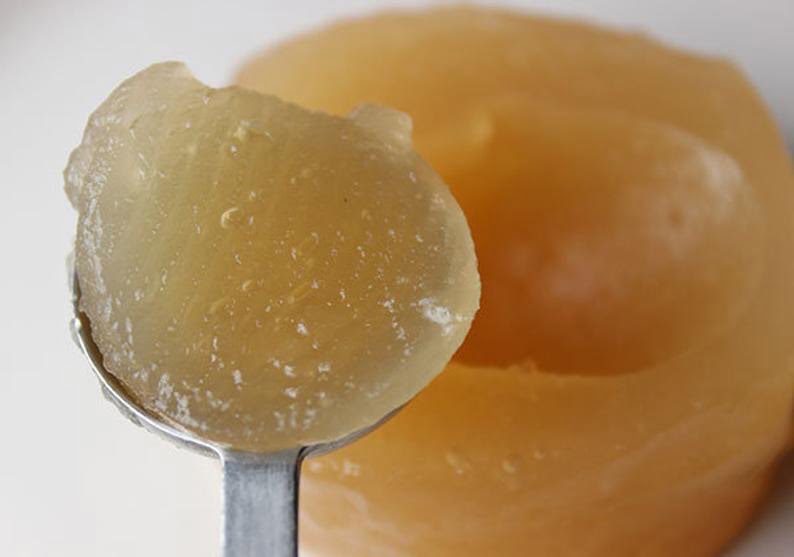
Because of the high levels of iodine in sea moss, less is more as an excess can have a negative impact on your health, so it’s always advisable to speak to your doctor if you have concerns.
Check out my video detailing my first experience trying sea moss.
Sea Moss Benefits that You May Not Know About…

As we now know, sea moss has been traditionally used as a food source and for medicinal purposes, but there are many other uses for sea moss that you may not be aware of.
Here are just a few examples:
- Skin care: Sea moss is rich in vitamins, minerals, and amino acids, which makes it an excellent natural skin care product. It can be used as a face mask to moisturize and nourish the skin, or as a toner to help tighten and tone the skin. Sea moss also has anti-inflammatory properties, which can help to soothe irritations and reduce redness.
- Hair care: Sea moss is also great for hair care. It can be used as a natural conditioner to add shine and strength to the hair, and it can also help to reduce dandruff and dryness. Sea moss is rich in iodine, which is essential for healthy hair growth, and it also contains antioxidants that can help to protect the hair from environmental damage.
- Cleaning agent: Sea moss can be used as a natural cleaning agent due to its antimicrobial properties. It can be added to cleaning solutions or used on its own to help disinfect surfaces and remove stains.
- Fertilizer: Sea moss can also be used as a natural fertilizer for plants. It is rich in nutrients and minerals that can help to improve soil quality and support healthy plant growth.
So as you can see, sea moss is a versatile and natural product that has many uses beyond just being eaten. It can be used for skin and hair care, as a natural cleaning agent and even as a fertilizer.
If you are already putting sea moss in your breakfast smoothie, tea, stews etc and want to up the benefits without ingesting too much, then look out for exfoliators and moisturizers that have it as an added ingredient.
If you have issues with your skin, or simply want to guard against problems in the future, then it is worth looking out for beauty products that incorporate carrageenan.
Or even consider making your own sea moss skin products. Sea moss gel is pretty easy to make, once you find some good quality leaves that is.
The vitamin and mineral content can help skin conditions such as psoriasis and eczema, and the antibacterial properties are excellent for helping to control skin breakouts and even acne.
If you are looking for a natural and sustainable product that can benefit your health and wellness in many different ways, consider incorporating sea moss into your routine.
Summing up – How Much Sea Moss to Take Daily
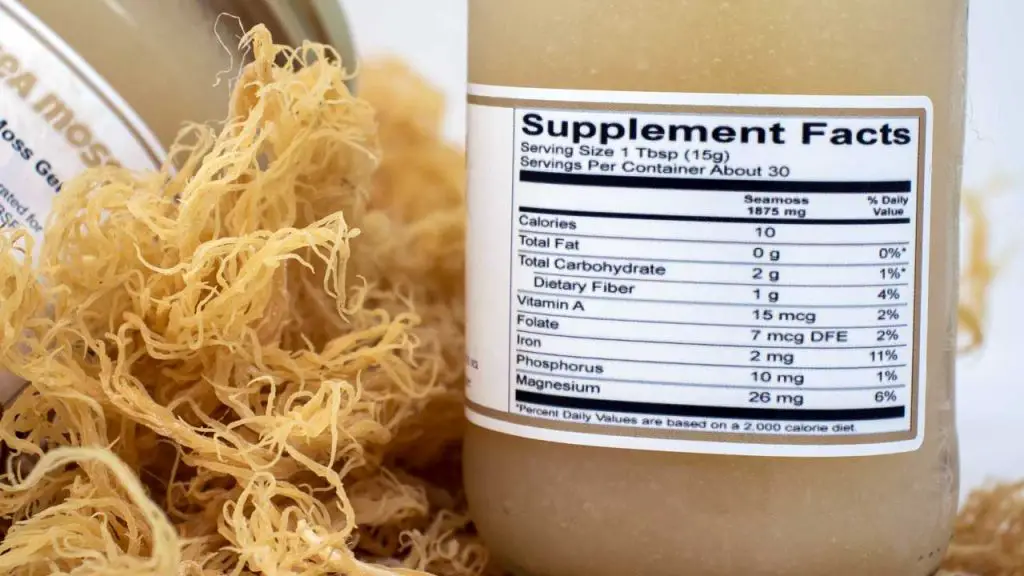
Determining how much sea moss to take daily can be a bit of a balancing act, but it is an important consideration when adding this superfood to your routine.
While sea moss is rich in vitamins, minerals, and amino acids, and has many potential health benefits, it is important to be mindful of your dosage.
Too much sea moss can cause digestive issues, while not enough may not provide the desired effects. It is always a good idea to consult with a healthcare provider or qualified nutritionist before deciding how much sea moss to take daily, especially if you have any pre-existing health conditions.
As a general rule, it is recommended to start with a small amount (such as one teaspoon) and gradually increase to the desired dosage over time, while paying attention to how your body reacts.
Ultimately, the key to determining how much sea moss to take daily is to listen to your body and find what works best for you.
Sea moss is without doubt an intriguing superfood. The reported benefits are hard to ignore.
Are you thinking of trying out sea moss for yourself?
Let us know in the comments below.
Author
-
Stuart Patrick is a health and fitness lifestyle journalist who writes for ListedFit.com.
“I've spent a lot of time trying to get in shape and change my body and I realised there are so many untruths in the health and fitness industry that can slow down or stop your progress, so I share my knowledge and experience to help others to cut through the BS.”
Latest entries
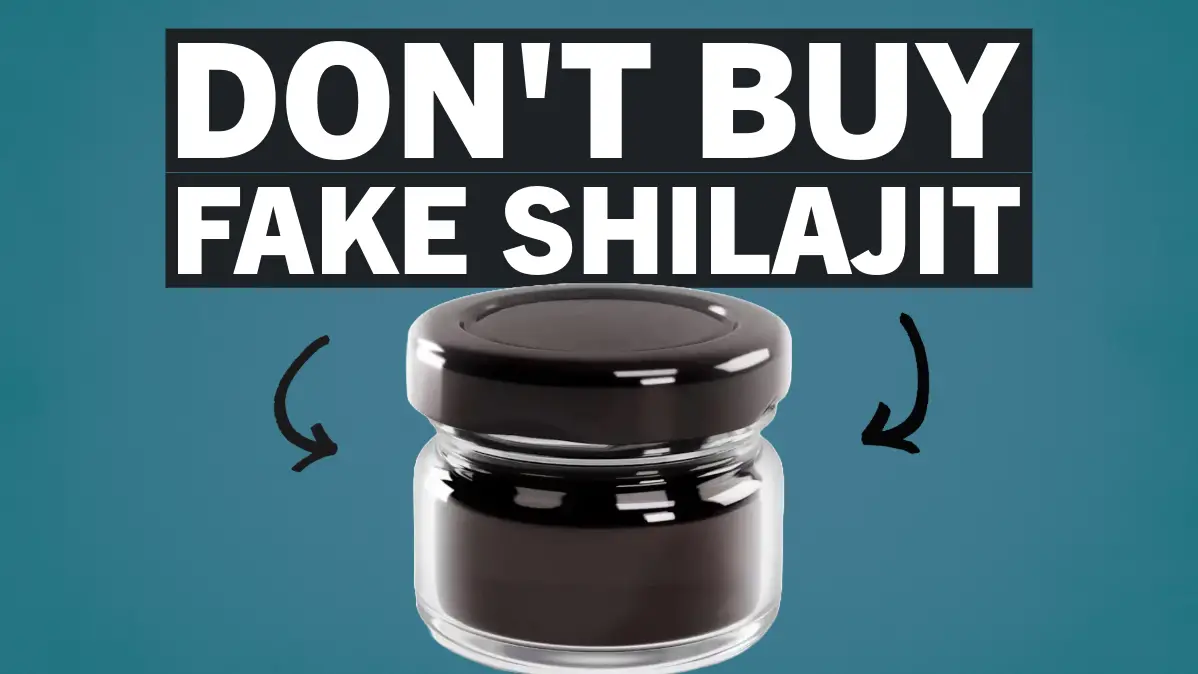 NutritionJune 5, 2024Shilajit Products
NutritionJune 5, 2024Shilajit Products FitnessMay 14, 2024Donate Blood
FitnessMay 14, 2024Donate Blood GearApril 6, 2024HOKA Kawana 2 Review – Are These The Best HOKA Gym Shoes?
GearApril 6, 2024HOKA Kawana 2 Review – Are These The Best HOKA Gym Shoes? CrossFitApril 4, 2024How Many Pull-Ups Should I Do Daily? Let’s Figure it Out…
CrossFitApril 4, 2024How Many Pull-Ups Should I Do Daily? Let’s Figure it Out…
Affiliates:
This post may contain affiliate links that at no additional cost to you, the site may earn a small commission. We only recommend products we would use ourselves and all opinions expressed on this site are our own.
General Advice:
The information provided in this article is for general informational purposes only. It is not intended as a substitute for professional advice. Always consult with a qualified healthcare professional before starting any new diet, exercise program, or making changes to your health routine.
Accuracy Advice:
While we strive to provide up-to-date and accurate information, the content in this article may not reflect the most current research or medical guidelines. We encourage readers to do further research and consult with professionals for more personalized advice.
Our Recommendations:
The products and services mentioned in any of our articles are recommended based on our independent research and personal experience. We are not sponsored by any company. We aim to suggest products and services we believe are of high quality and could be beneficial to our readers.






